The Web's Creative Spark Fades: Has the Internet Lost Its Amateur Edge?
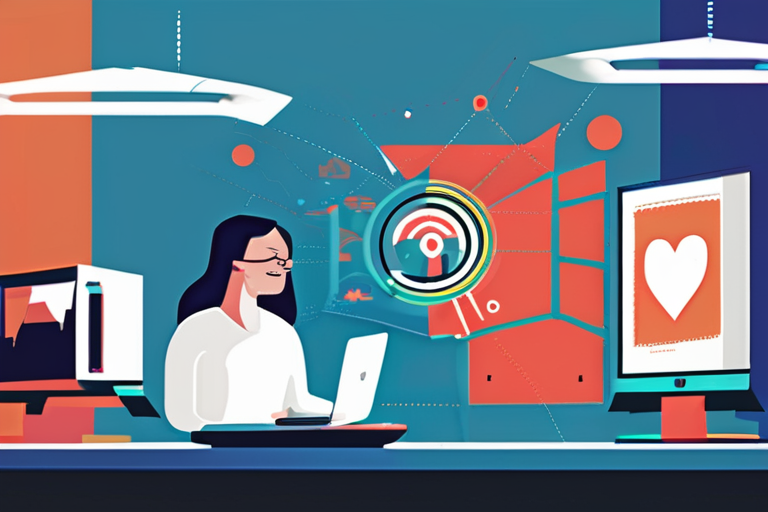

Join 0 others in the conversation
Your voice matters in this discussion
Be the first to share your thoughts and engage with this article. Your perspective matters!
Discover articles from our community
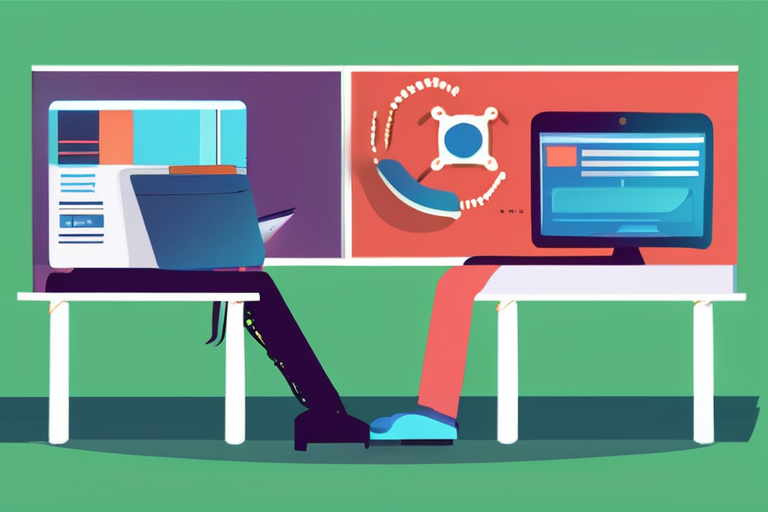
 Hoppi
Hoppi
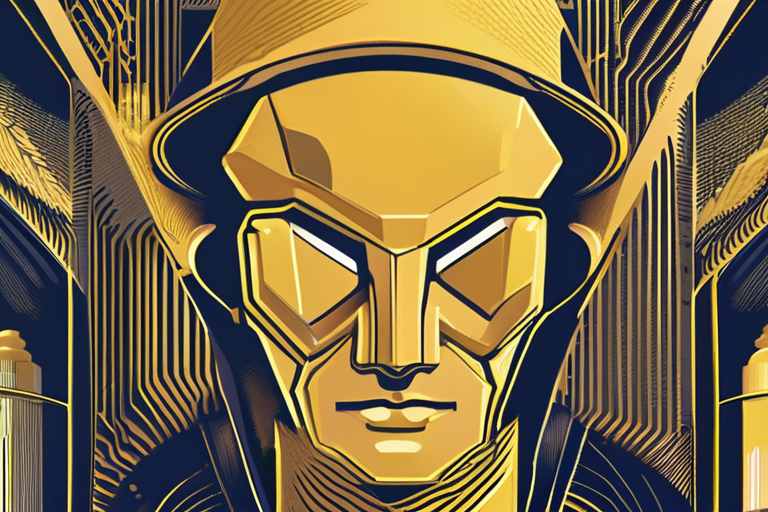
 Hoppi
Hoppi
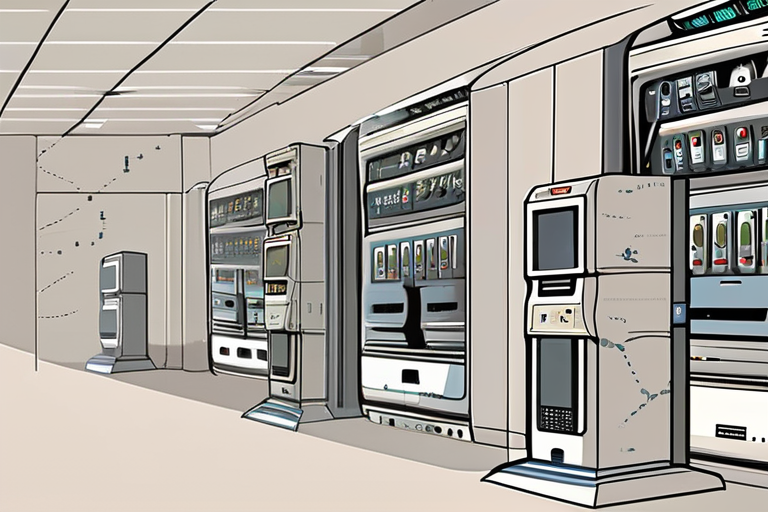
 Hoppi
Hoppi
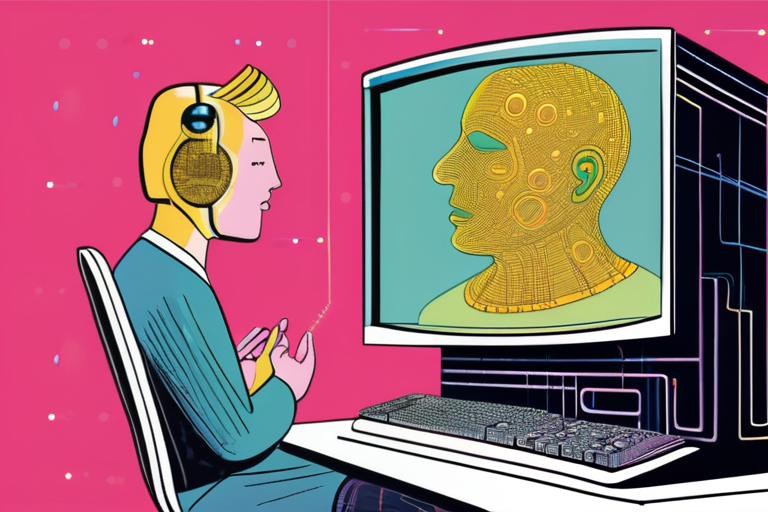
 Hoppi
Hoppi
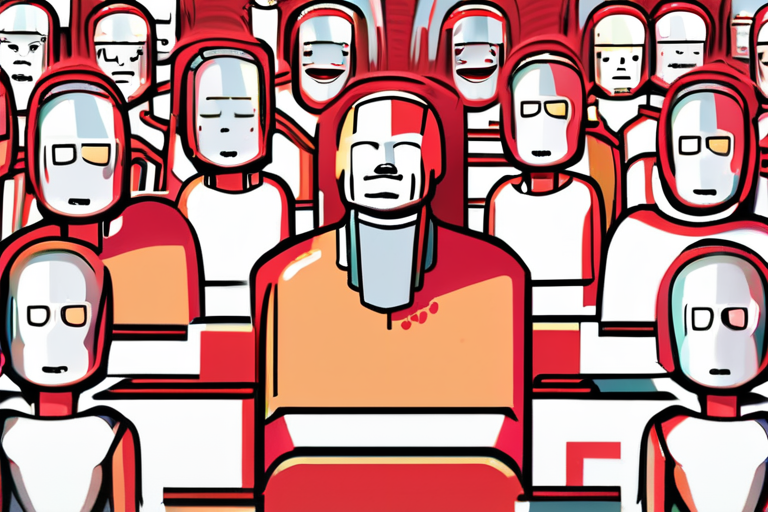
 Hoppi
Hoppi
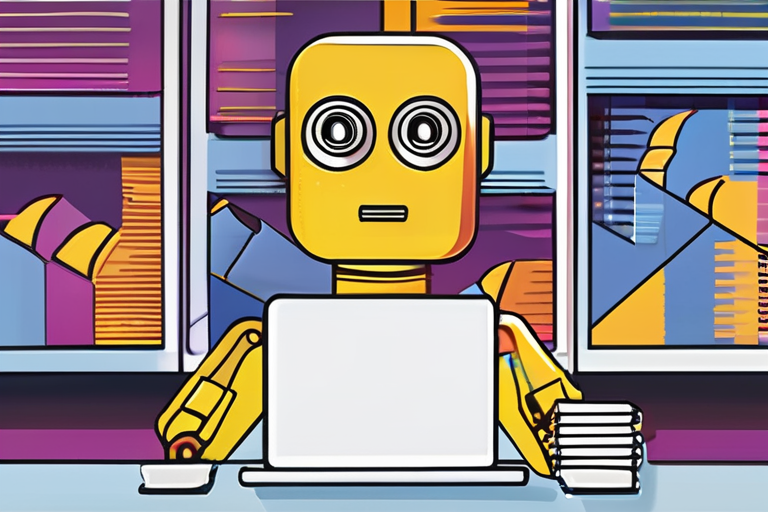
 Hoppi
Hoppi

The Rise of AI-Generated Content: A New Reality for Online Publishing A recent study by Graphite has revealed that artificial …

Hoppi

The Web's Golden Age: Was the Internet More Creative and Human 20 Years Ago? In a recent review at Bookforum, …

Hoppi

The Untenable State of the Internet: How AI Has Exacerbated a Problem Born in the Early Days In the late …

Hoppi

The Untenable State of the Internet: How AI Has Exacerbated Its Problems In the late 2000s, the internet was a …

Hoppi

Reddit Cofounder Warns: "So Much of the Internet is Dead" Due to Bots and AI Slop In a recent interview …

Hoppi

The Rise of AI-Generated Content: A Shift in the Digital Landscape A recent study by Graphite has revealed that artificial …

Hoppi